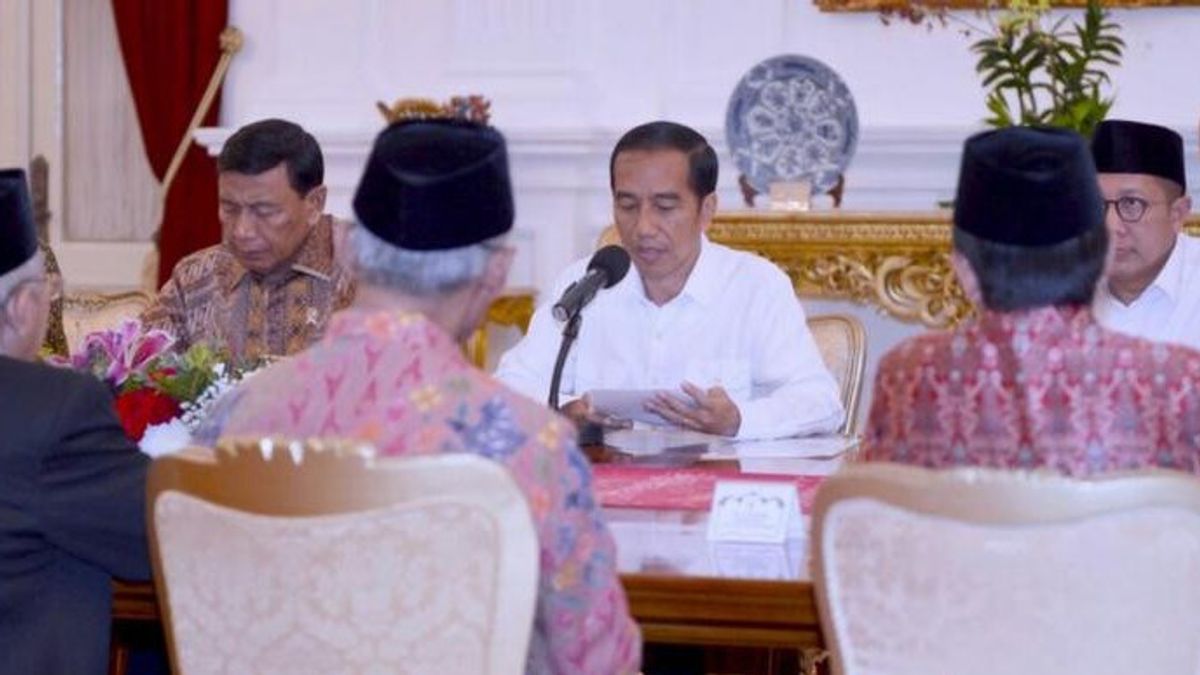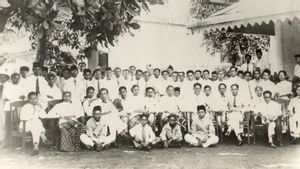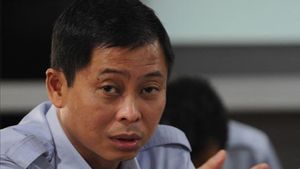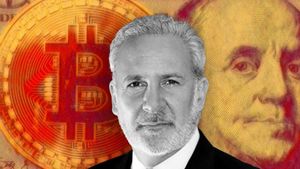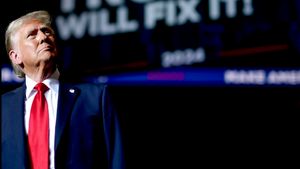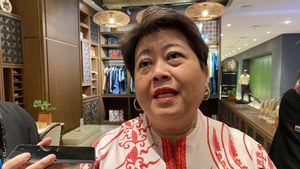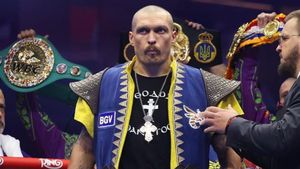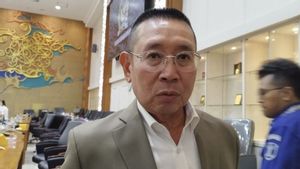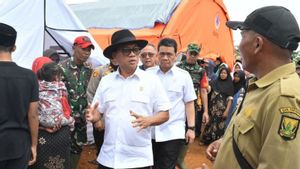JAKARTA Memories of today, eight years ago, 1 November 2016, President Joko Widodo (Jokowi) invited the ulama and leaders of Muhammadiyah, Nahdatul Ulama (NU), and the Indonesian Ulema Council (MUI) to the State Palace. Jokowi appealed to scholars to maintain the integrity of the Republic of Indonesia.
Previously, the action of the Governor of DKI Jakarta, Ahok, who haphazardly interpreted the letter Al Maidah 51 was criticized by many parties. The atmosphere was immediately heated up as an identity political study in the context of the upcoming 2017 gubernatorial election campaign and dividing Muslims.
Many countries in the world are starting to separate between politics and religion. This condition makes religion not become a 'trade' item for politicians. Not to mention the potential for blasphemy because it plays the verses of a holy book.
DKI Jakarta Governor Basuki Tjahaja Purnama (Ahok) has felt the pain of quoting Al Quran as haphazardly. Ahok, who is in his capacity as a leader of Jakarta, quoted Surat Al Maidah 51 during his working visit to the Thousand Islands in September 2016.
Ahok considers that Surah Al Maidah 51 is often used as a lie to bring down those who are non-Muslims. The statement builds two perceptions. Al Maidah's first view lies to the public. The second view leads to Al Maidah users who deceive the public.
The people were furious and thought that the first statement was the only message Ahok wanted to play. Pros and cons also appear. Not infrequently there are scholars who are hot first without thinking about further consequences.
This condition made the Indonesian people divided. The diversity that used to be upheld is increasingly disturbed. The atmosphere was then exacerbated by Ahok's opponent in the upcoming 2017 DKI Jakarta Pilkada, Anies Baswedan, and Sandiaga Uno. Identity campaigns are trying to be played. The anger of the community is getting worse.
They are considered to have been offended by Ahok's statement. This condition was then echoed everywhere. The Islamic Defenders Front (FPI) and others began to prepare to garner support for a massive action demanding Ahok in prison.
Anies-Sandi was successful by launching a very sectarian identity campaign, including (with prejudicIAL calls) in houses of worship, which are prone to triggering horizontal and vertical conflicts (because Ahok's former partner later became President). Populism was consciously adopted and launched at the expense of minority groups in order to win the seat of power," said Poltak Partogi Nainggolan in the book Transition and theground of Post-Soeharto Democratic Consolidation (2021).
The potential for large conflicts that intersect with religion can occur at any time. President Jokowi immediately took a stand on November 1, 2016. Jokowi invited all ulama and high-ranking officials from Islamic organizations: Muhammadiyah, NU, and MUI.
SEE ALSO:
Jokowi intends to invite all Islamic scholars and organizations to maintain the integrity of the Unitary State of the Republic of Indonesia. Not even divided. He wanted the ulama to act immediately to calm the atmosphere for the sake of the shade of the political situation in Indonesia.
Jokowi considers Islam and Indonesia not to be contested. Diversity is an important value and becomes Indonesia's strength.
"We hope that the ulama also dare to take a firm stance that between Islam and Indonesia should not be contested, but let us protect together, we maintain, we are our Indonesian struggle."
"We believe that the ulama are the successors of the prophet and their duty is to bring good news, take care of the people, give warnings, provide guidance to the people and all of us," Jokowi said as quoted by the COMPASS.com page, November 1, 2016.
The English, Chinese, Japanese, Arabic, and French versions are automatically generated by the AI. So there may still be inaccuracies in translating, please always see Indonesian as our main language. (system supported by DigitalSiber.id)
